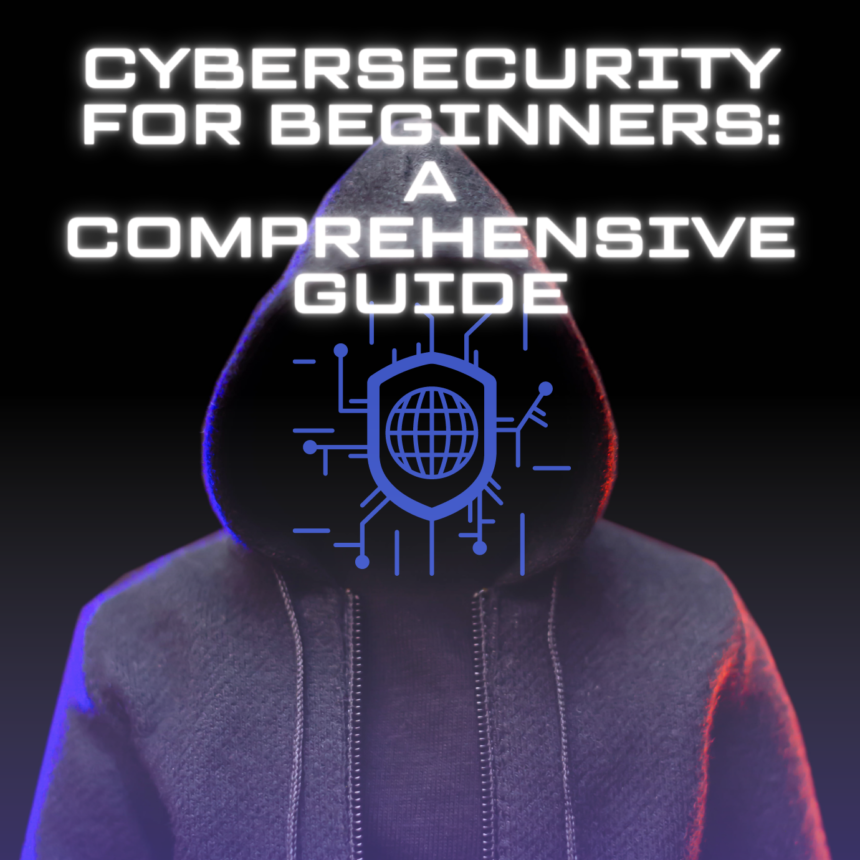In today’s interconnected world, cybersecurity is more important than ever. Whether you’re an individual or a small business owner, understanding the basics of cybersecurity is essential to protect yourself, your data, and your online presence. This comprehensive guide provides an overview of cybersecurity for beginners:
1. Understand the Threat Landscape: Familiarize yourself with the common types of cyber threats, such as malware, phishing, ransomware, and social engineering. Learn how these threats can compromise your digital security and privacy.
2. Practice Strong Password Management: Create strong, unique passwords for each of your online accounts. Use a combination of uppercase and lowercase letters, numbers, and symbols. Consider using a password manager to securely store and generate complex passwords.
3. Enable Two-Factor Authentication (2FA): Enable 2FA whenever possible to add an extra layer of security to your online accounts. This typically involves receiving a verification code on your mobile device or using biometric authentication in addition to your password.
4. Keep Software and Devices Updated: Regularly update your operating systems, applications, and antivirus software to ensure you have the latest security patches and protection against known vulnerabilities.
5. Be Wary of Phishing Attempts: Be cautious of suspicious emails, messages, or phone calls asking for personal information or urging you to click on links. Verify the sender’s identity and double-check URLs before sharing sensitive information or clicking on links.
6. Use Secure Wi-Fi Networks: When connecting to Wi-Fi networks, ensure they are secure and password-protected. Avoid using public Wi-Fi for sensitive activities like online banking or accessing confidential information. Consider using a virtual private network (VPN) for added security.
7. Backup Your Data Regularly: Regularly back up your important files and data to an external hard drive or cloud storage. In case of a cyber incident, having backups ensures you can recover your data without paying ransom or losing important information.
8. Be Mindful of Social Media Privacy: Review your privacy settings on social media platforms and be mindful of the information you share publicly. Limit the personal details you disclose and be cautious about accepting friend requests or connections from unknown individuals.
9. Educate Yourself and Stay Informed: Stay updated on the latest cybersecurity threats, trends, and best practices. Educate yourself through online resources, reputable blogs, and security awareness training programs to enhance your knowledge and awareness.
10. Seek Professional Assistance if Needed: If you’re unsure about your cybersecurity practices or need assistance in securing your digital assets, consider consulting with cybersecurity professionals or hiring a reputable cybersecurity service provider.
Remember, cybersecurity is an ongoing effort. Stay vigilant, practice good online hygiene, and regularly review and update your security measures to adapt to evolving threats.
